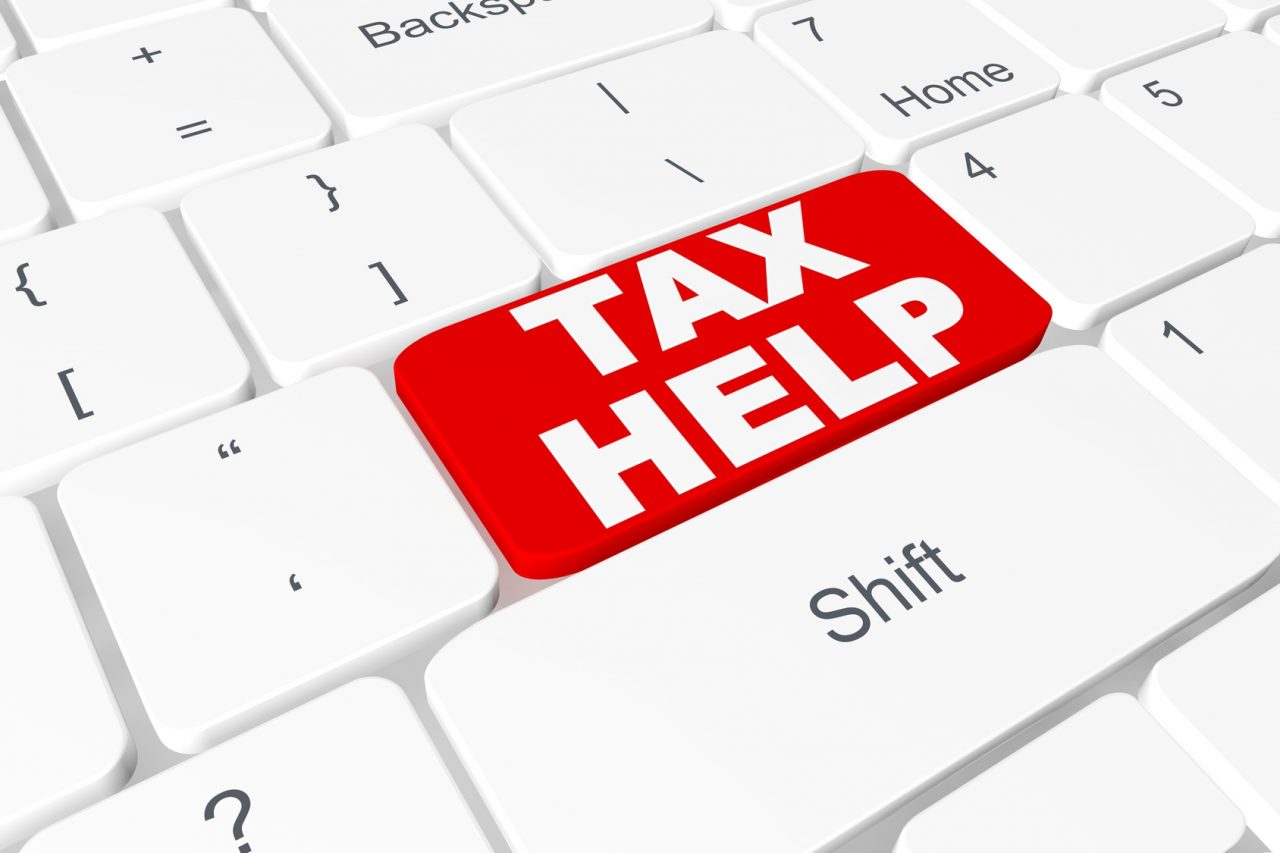
When a public health emergency was declared in March of 2020, the focus for the federal government was getting pandemic benefits into the hands of eligible recipients as quickly as possible, to help mitigate the sudden financial crisis faced by so many Canadians. To that end, three decisions were made with respect to program administration. First, eligibility for benefits would be determined by “self-attestation” – in other words, applicants would certify, based on the information provided to them online, that they met the eligibility criteria for a particular benefit. Such self-attestations were accepted at face value, without documentation or other verification methods. Second, application for the same benefit – the Canada Emergency Response Benefit, or CERB – could be made to either the Canada Revenue Agency or Employment Insurance/Service Canada, depending on the circumstances of the applicant. Finally, in at least in the initial round of CERB payments (which were received by over 8 million Canadians), no income tax was withheld from payments issued, although the CERB itself was taxable income.
Those decisions, while meeting the needs of the immediate situation, also created an environment in which many individuals received benefits to which they were not entitled at all, or which were greater than the amounts for which they were eligible, or were for time periods during which they were not eligible. As well, the interaction between pandemic benefits and existing government income replacement programs like Employment Insurance created some confusion over which benefits should be applied for, or could be received, in which circumstances. Finally, the self-attestation method opened the door to outright fraud by those claiming and receiving benefits to which they knew they were not entitled.
Whatever the cause, reason, or motivation, those who received pandemic benefits to which they were not entitled are now hearing from the federal government. Benefit recipients who may have received benefits for which they might not have been eligible have received letters reminding them of the eligibility criteria for the particular benefit(s) received. Such individuals might also have received a letter requesting documentation for their benefits application. Finally, the federal government has sent “denial letters” informing the recipients that a determination has been made that they did receive benefits to which they were not entitled.
With that process done, both Employment and Social Development Canada (ESDC) and the CRA are now issuing notices to recipients of pandemic individual benefits. Such letters inform the recipient of the determination which has been made that they received benefits to which they were not entitled, and outline both the amount to be repaid and available options for such repayment.
Given the circumstances under which such debts likely arose, the federal government is stressing that it is more than willing to work with individuals to enable them to discharge the debt that they now owe, and that options available to such individuals include flexible or deferred payment arrangements. In addition, the CRA has indicated that, where benefit recipients are unable to repay amounts owed in full, the Agency will not be levying penalties or interest charges with respect to unpaid amounts.
While the willingness of the federal government to be flexible with respect to repayment of amounts owed is certainly welcome, the options open to the government when it comes to collection of pandemic benefits owed are wide-ranging, and those options are outlined on its website at https://www.canada.ca/en/revenue-agency/services/about-canada-revenue-agency-cra/when-you-money-collections-cra/collection-individual-covid-19-benefits-issued-by-canada-revenue-agency.html and https://www.canada.ca/en/revenue-agency/services/about-canada-revenue-agency-cra/when-you-money-collections-cra/collection-canada-emergency-response-benefit-issued-by-service-canada.html. In worst-case scenarios, the collection options can include seizure of other amounts to which the debtor is entitled (like a tax refund or GST/HST credit) or, in the very worst case scenario, seizure of the debtor’s wages or assets.
A recent announcement by the federal government indicates that partial relief from repayment will be available for some CERB recipients. During the time that the CERB program was operating, there was a parallel benefit program for post-secondary students who were unable to find summer employment due to the pandemic. That program – the Canada Emergency Student Benefit (CESB) – provided recipients with $1,250 per month. The federal government recently announced that post-secondary students who would have qualified for the CESB but instead incorrectly applied for and received CERB will not have to repay the entire amount of CERB benefits received. Rather, such students who meet the eligibility criteria imposed by the federal government would be required to repay only the difference between CERB benefits received and the amount of CESB to which the student would have been entitled. The Canada Revenue agency has set up a website outlining the terms of the repayment relief program and a link to the application form.
Whatever one’s circumstances, it’s in the best interests of anyone in the position of having to repay pandemic benefits not to ignore a letter from the federal government. The telephone number to call to begin the process of reaching a repayment arrangement is 1-833-253-7615, and the best course of action is to make that call as soon as possible, and certainly before the federal government finds it necessary to commence more stringent collection actions.
The information presented is only of a general nature, may omit many details and special rules, is current only as of its published date, and accordingly cannot be regarded as legal or tax advice. Please contact our office for more information on this subject and how it pertains to your specific tax or financial situation.
